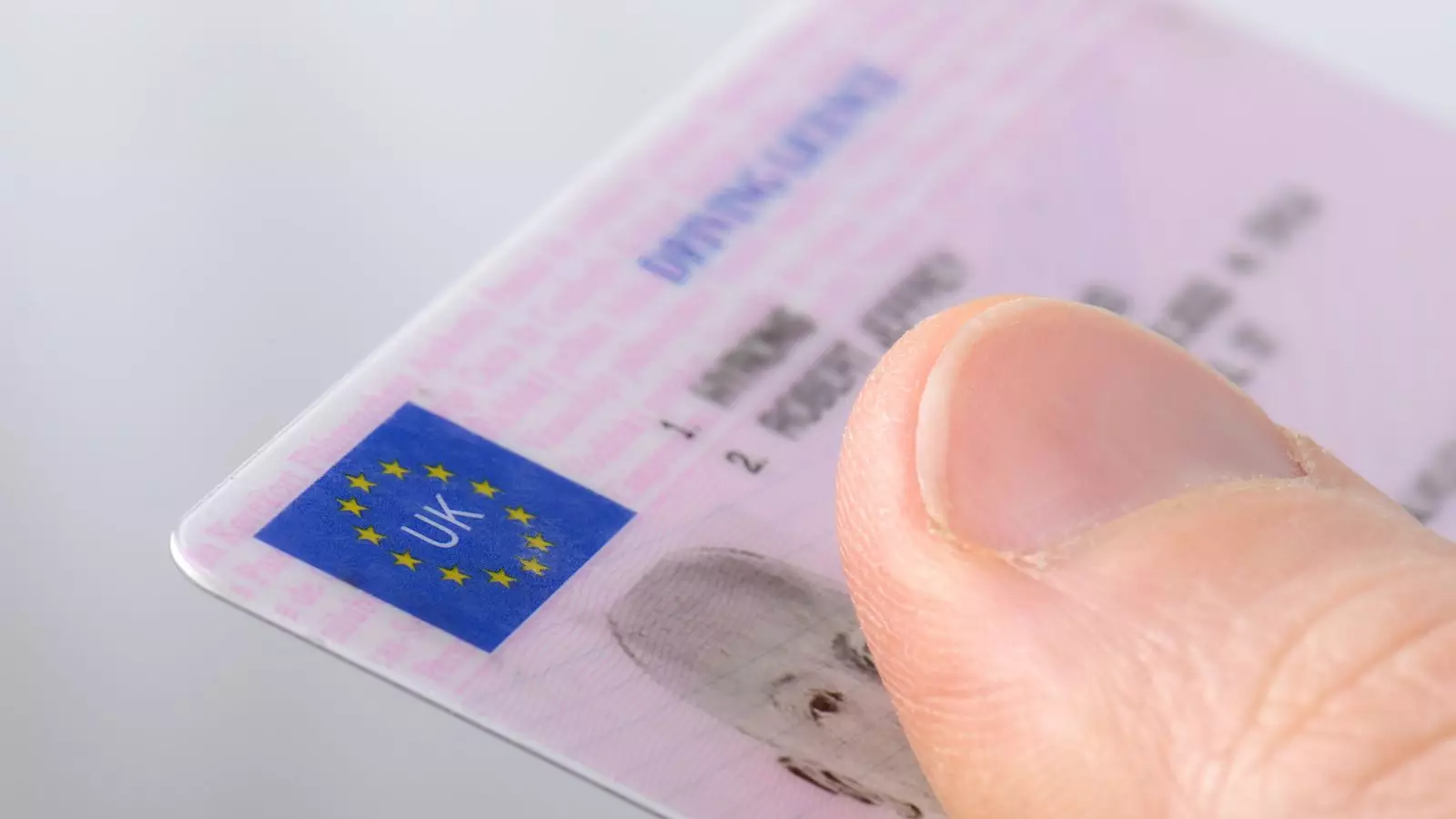In response to an alarming rise in welfare fraud, the British government has initiated a comprehensive crackdown spearheaded by the Department of Work and Pensions (DWP). Dubbed as the most significant fraud battle in a generation, the proposed Public Authorities (Fraud, Error and Recovery) Bill aims to implement stringent measures against those who deceitfully exploit welfare systems. This ambitious legislative approach reflects a broader governmental aspiration to recover taxpayer money and enhance the integrity of the benefits system, projected to save £1.5 billion over the next five years.
This new legislation comes at a time when data indicates approximately £8.6 billion was lost due to fraud and erroneous overpayments in the recent financial year culminating in April 2024. Such staggering figures underline the urgency of mitigating losses endured by the public purse, particularly against the backdrop of the COVID-19 pandemic that has seen fraud rates nearly double, reaching a peak of around 4% of total benefits dispensed by the DWP.
Direct Consequences for Fraudsters
Once enacted, the bill proposes a suite of punitive measures, including the controversial option of revoking the driving privileges of individuals found guilty of benefit fraud. Under the new rules, individuals could face a two-year driving ban if they fail to repay what they owe. Additionally, courts would have the authority to suspend driving licenses for those with debts exceeding £1,000, especially if repayment efforts are disregarded. This new legal framework aims to impose significant personal inconvenience as a deterrent against fraudulent activities, conceptualizing the idea that cheating the system can result in tangible losses in one’s personal freedoms.
Moreover, the government plans to bolster its investigatory powers. The DWP would be entitled to scrutinize bank accounts and demand financial statements from those suspected of having the means to repay fraudulent benefits but opting not to do so. This invasive approach raises critical questions about individual privacy and the extent of government intervention in personal finances, suggesting a shift towards a more aggressive enforcement strategy that could intimidate potential fraudsters.
As the government gears up for this legislative push, statements from Work and Pensions Secretary Liz Kendall reveal an intention to restore public trust. In her remarks, she emphasized the commitment to “turn off the tap to criminals” who exploit the welfare system, underscoring the need for a robust reporting mechanism and independent oversight to ensure that the proposed powers are exercised judiciously. The emphasis on maintaining public confidence through transparency highlights the balancing act the government must navigate as it seeks to enforce tighter control over welfare provisions without infringing upon civil liberties.
While the DWP’s intentions exhibit a strong resolve to curb fraudulent behavior, the public’s response remains mixed, particularly in light of the context within which these measures are being introduced. Critics argue that the spotlight on welfare fraud might obscure broader systemic issues such as inadequate support for those truly in need and the complexities surrounding benefit accessibility.
The political landscape surrounding these new regulations has inevitably ignited debate. Helen Whately, the shadow work and pensions secretary, has indicated that these measures merely perpetuate existing policies initiated by the Conservative government. Her assertion that the government’s credibility is undermined by past actions, particularly the appointment of a former cabinet member with a fraud controversy, exemplifies the challenges facing the government’s moral high ground in addressing such ethical dilemmas.
This backdrop of political contention raises broader questions about the effectiveness of punitive measures in dealing with welfare fraud. As the government prepares to introduce the bill in Parliament, the success of these proposed changes will ultimately hinge on their implementation, the transparency of enforcement practices, and the public’s willingness to engage in dialogue about the complexities surrounding welfare provisions. The outcome of this legislative initiative could redefine the landscape of welfare support in the UK, establishing a precedent for future government interventions aimed at safeguarding taxpayer resources.

